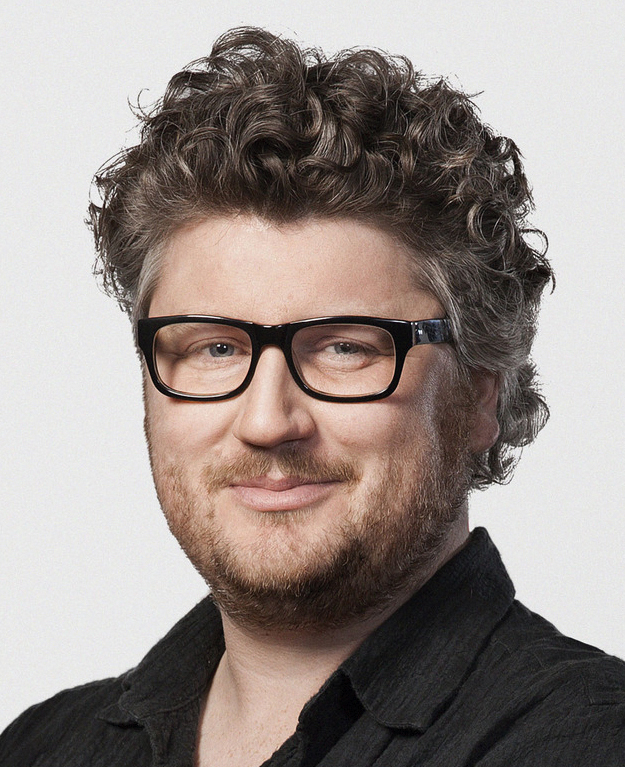The fantastical descriptions of what music can do for you often makes media headlines. Music improves your mood; it elevates your exam scores; it gives us better outcomes when we’re suffering diseases of body and mind; music lowers crime; it even works as an anaesthetic before operations.
Why music might not actually be as good for us as we think
There’s a term for that kind of sloganeering about music’s beneficial powers that some academics use: ‘music bullsh*t’. Claims that music makes us cleverer, healthier and all-round better citizens need to be taken with a cartload of salt. In fact, the evidence does not support the idea that music is a globally effective cure-all. If that were true, we could establish a National Music Service in place of the NHS, we could replace a rounded education with a music-only curriculum and we would observe that musicians are better balanced, more fulfilled human beings than the rest of us.
The fact that musicians are just as chaotically and beautifully unbalanced as the rest of us isn’t the only evidence for the less-than-universality of music’s curative powers. There are a surfeit of records of how music has been used for ill rather than good; how humanity has deployed music in the service of oppression and, according to some definitions, torture.
In warfare from the ancient world to the Iraq war of the early 2000s, music has been used to psychologically destabilise armies, prisoners and detainees; and music is used by genocidal, fascist and racist regimes to mobilise their populations, however much we like to think that it humanises liberal democracies.
Is music really the cure-all?
The historical evidence for the cure-all powers of music is, at best, mixed. It would seem that, on its own terms, music is neither good nor bad for us. What’s beneficial – or otherwise – isn’t the music itself, but how we use it. In the work of music therapists and music psychologists, music-making demonstrably stimulates our brains and bodies, revealing that musical participation can restore social and neural connections.
Music’s effects on us are as messy and complicated, as potentially good and bad for us, as we are ourselves, as individuals, and as a species.
Illustration credit: Maria Corte Maidagan
